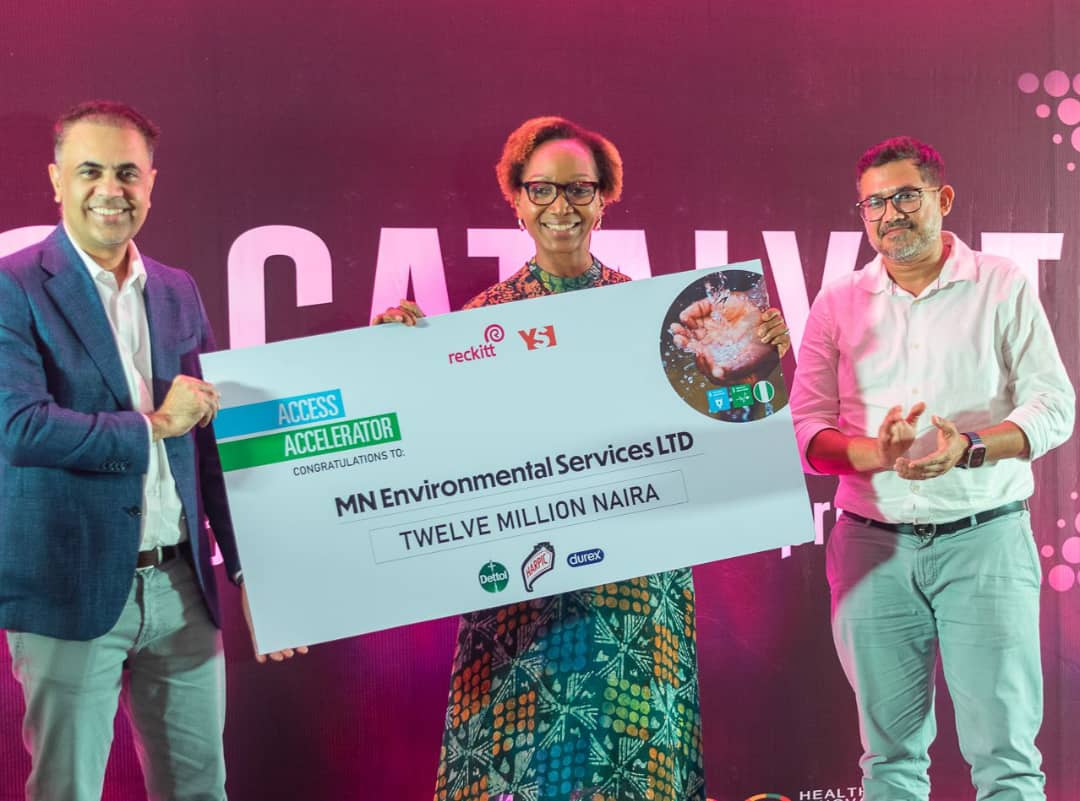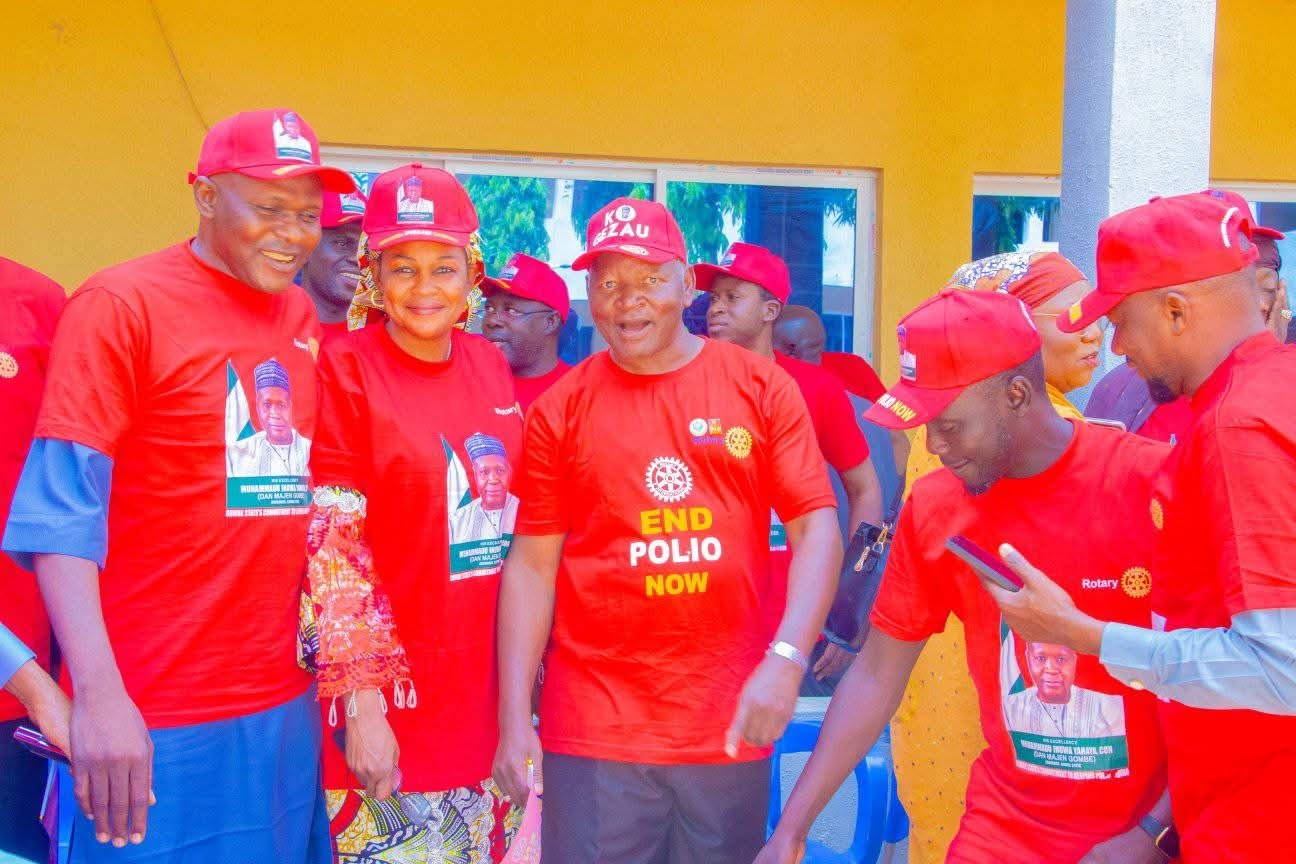In a bid to tackle critical Water, Sanitation, and Hygiene (WASH) and Sexual and Reproductive Health (S.R.H) challenges in Nigeria, Reckitt has awarded N48 million to health and hygiene startups.
The grants were presented at the closing ceremony of the 2024 edition of the Reckitt Access Accelerator Programme held in Lagos. Four social enterprises, Geotek, HealthTracka, MN Environmental Services, and Preggify, each received N12 million in seed funding.
The funding is expected to help scale their solutions, which focus on clean water access, at-home health testing, public sanitation, and maternal care. These initiatives aim to improve hygiene practices in underserved communities across Nigeria.
In addition to financial support, the selected startups benefited from mentorship sessions facilitated by Reckitt staff, as well as specialised bootcamps delivered in partnership with Yunus Social Innovation (YSI). These sessions were designed to help overcome specific business challenges and accelerate impact.
Speaking at the event, General Manager for Reckitt Sub-Saharan Africa, Akbar Ali Shah, reiterated the company’s commitment to supporting grassroots innovation. “Solving the world’s toughest hygiene challenges, especially in underserved communities, requires scalable, locally driven innovation. Millions across Sub-Saharan Africa still lack access to basic sanitation, and supporting local entrepreneurs who are embedded in their communities is key to delivering real change,” he said.
Also, Senior Consultant at YSI, Niklas Lange, emphasised the importance of collaboration in tackling global health challenges. He noted that half of the world’s population still lacks access to safe water and sanitation.
“These aren’t just statistics; they represent real families. The Access Accelerator has already impacted over 500,000 people and earned recognition from the World Economic Forum. Reckitt’s ongoing commitment is essential to expanding this reach,” he said.
One of the programme’s beneficiaries, Co-Founder of MN Environmental Services, Mrs Jife Williams, expressed gratitude for the support. She highlighted the impact of inadequate sanitation facilities in markets and public spaces, saying the funding would allow her organisation to scale up the deployment of mobile toilets in affected communities.
According to Reckitt, the initiative is part of a broader commitment to accelerating social impact through flexible funding, mentorship, and expert collaboration. The company aims to support up to 200 women and underrepresented social innovators by 2030, across more than 15 countries, including Nigeria and Kenya.






